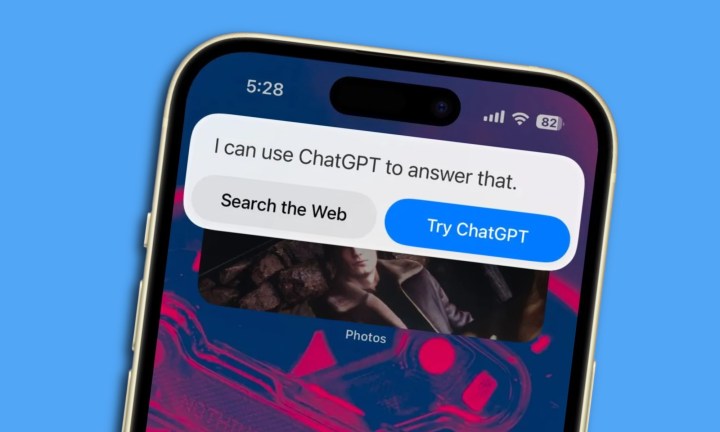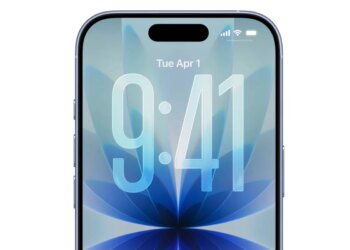Select Language:
Elon Musk has once again taken legal action against Apple, claiming the tech giant is deliberately suppressing competing AI products to boost exposure for ChatGPT, developed by OpenAI. The lawsuit focuses on Grok, an AI chatbot created by Musk’s company xAI, which allegedly has been intentionally throttled on the App Store to give ChatGPT an unfair advantage.
What’s the situation?
In recent weeks, Musk has been vocal about Apple’s failure to feature Grok as a “Must Have” app, despite it ranking in the top ten. Musk criticized that Grok, which has demonstrated exceptional performance on tough tests, including coding challenges, isn’t even listed under Apple’s AI section. He pointed out that ChatGPT, on the other hand, dominates the App Store’s rankings and visibility.
On social media, Musk questioned Apple’s fairness, asking why the company refuses to include Grok alongside the top apps like X (formerly Twitter) and others, suggesting political motives behind the promotion choices. His tweets emphasized that Apple appears to be favoring OpenAI’s technology, possibly through licensing agreements.
Following these statements, Musk announced that legal options were his last resort. The lawsuit was filed on August 25th in Texas, specifically in the district court of Fort Worth. It describes the case as a “tale of two monopolists joining forces to maintain their dominance,” accusing Apple and OpenAI of anti-competitive practices.
What are the core allegations?
The lawsuit centers around claims that Apple has made deals with OpenAI to license ChatGPT technology for its ecosystem—covering iPhones, iPads, and Macs—and, as a result, is actively promoting ChatGPT over competing AI products like Grok. The suit alleges that because of this partnership, Apple has been boosting ChatGPT’s visibility while sidelining rivals, including by delaying or complicating the review process for competing apps.
Furthermore, it’s argued that Apple employs biased methods, such as algorithmic recommendations and curated lists by experts, to prioritize certain apps. The lawsuit states that these techniques are susceptible to bias and have been used to favor Apple’s partnerships, including with OpenAI.
The broader impact beyond the App Store
The lawsuit also touches on Apple’s “Apple Intelligence,” a suite of AI features built on OpenAI’s GPT stack, which is now integrated into millions of Apple devices. This technology supports a variety of functions like writing tools, visual recognition, and image generation. Notably, ChatGPT is set as the default AI for Siri when it can’t handle a query natively, meaning users are essentially locked into using OpenAI’s tech when seeking AI assistance through Apple’s voice assistant.
Musk asserts that because ChatGPT is the only AI chatbot accessible through Apple’s native ecosystem, other developers’ products have little chance of competing, effectively consolidating a monopoly.
Conclusion
The lawsuit contends that both Apple and OpenAI hold dominant positions in their respective markets. Their alleged conduct, the complaint argues, has suppressed competition and harmed consumers. Musk is seeking a jury trial and calling for an end to what he describes as anti-competitive behavior, along with damages and legal costs.






